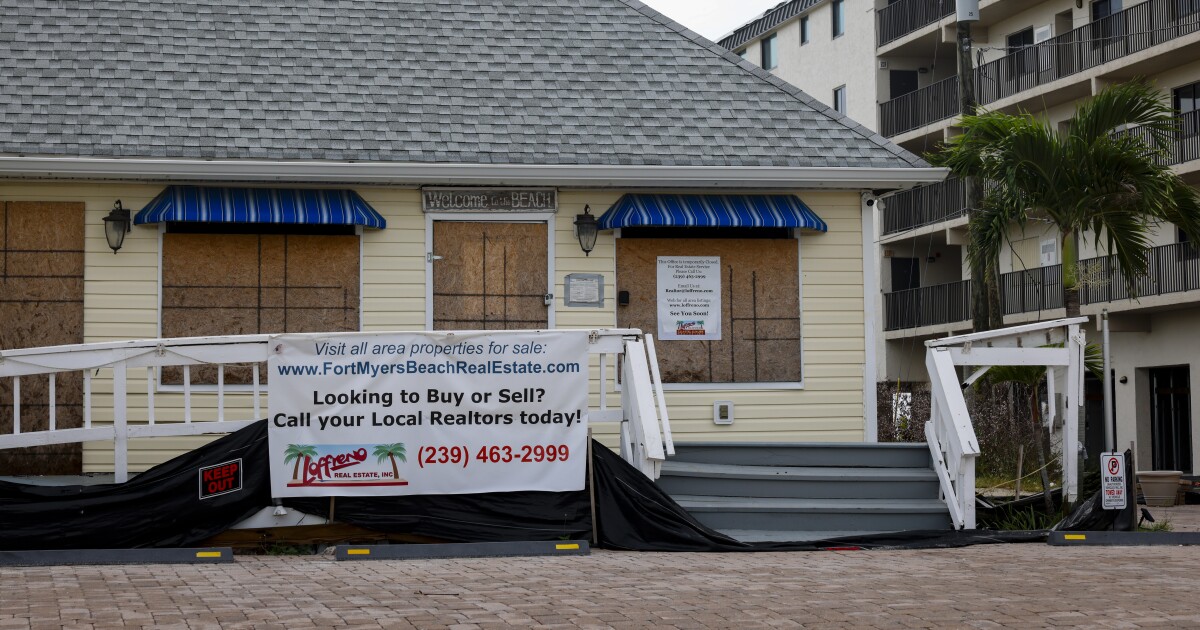
Could
Mortgage servicing rights holders are "nowhere near" accounting for
Sprague referenced Hibernia Bank, a New Orleans-based bank that sold its $10 billion MSR portfolio
"Could we have actually had a bank failure due to an acute climate risk in 2005? I think the answer is yes," said Sprague. "I think we would have a very different viewpoint of these risks today."
Amid panelists' wide-ranging discussion of climate pricing risks, the Richey May leader continued to shed light on risks to servicers, such as losses from
"Servicing is [the] sweeper at the end of a parade," said Sprague. "It is their job to clean this up and the harder you make it for servicers, the less they'll pay for servicing, which has a direct impact on affordability and housing."
Sprague's words drew a rare round of applause from the audience, among them representatives from nearly a dozen lenders and servicers. The consultant also said the industry isn't making the appropriate credit decisions on originations, and suggested "climate" could be added to the four "C"s of lending: credit, capacity, capital and collaterals.
David Burt, founder and CEO of investment consulting firm DeltaTerra Capital, said the industry could qualify borrowers on an insurance-indexed debt-to-income ratio. A borrower with a DTI closer to 50% could see their ratio rise toward 60 if their insurance costs soar in a short period. Such costs have
"What's left in those bonds is the borrowers that can't refinance, and that's a real risk to the industry outside of climate," he said.
Multiple panelists theorized that climate pricing would be reflected in the private securitization market first. Burt said investors however aren't so incentivized to be the first to move on "uncertain risks."
Cliff Rossi, a professor at the Robert H. Smith School of Business at the University of Maryland, meanwhile, said the industry isn't putting climate models through the same validation banks do with their internal models.
He also proposed a national hazard insurance corporation to address rising homeowner's premiums. Insurers could face one government-sponsored enterprise rather than the 50 state insurance commissions to get rates approved. In California, for example,
Rossi also proposed climate risk transfer securities; panelists raised the example of
"I think they have to be big ideas and they can't be these nibbling at the edges," said Rossi. "There has to be something structurally different to be able to kind of get this across the goal line over the next 20 to 30 years."



